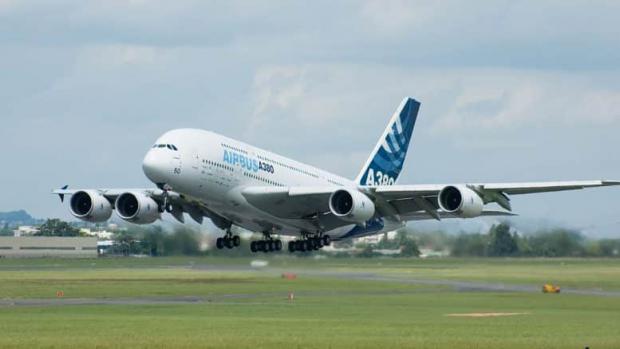
Breaking News
 Nancy Pelosi has officially announced her RETIREMENT at the end of her term, January 3, 2027.
Nancy Pelosi has officially announced her RETIREMENT at the end of her term, January 3, 2027.
 Omeed Malik: The Technocrat Muslim Billionaire Inside MAGA
Omeed Malik: The Technocrat Muslim Billionaire Inside MAGA
 Democrat-led government shutdown is now causing flight delays, threatening air traffic control,...
Democrat-led government shutdown is now causing flight delays, threatening air traffic control,...
Top Tech News
 HUGE 32kWh LiFePO4 DIY Battery w/ 628Ah Cells! 90 Minute Build
HUGE 32kWh LiFePO4 DIY Battery w/ 628Ah Cells! 90 Minute Build
 What Has Bitcoin Become 17 Years After Satoshi Nakamoto Published The Whitepaper?
What Has Bitcoin Become 17 Years After Satoshi Nakamoto Published The Whitepaper?
 Japan just injected artificial blood into a human. No blood type needed. No refrigeration.
Japan just injected artificial blood into a human. No blood type needed. No refrigeration.
 The 6 Best LLM Tools To Run Models Locally
The 6 Best LLM Tools To Run Models Locally
 Testing My First Sodium-Ion Solar Battery
Testing My First Sodium-Ion Solar Battery
 A man once paralyzed from the waist down now stands on his own, not with machines or wires,...
A man once paralyzed from the waist down now stands on his own, not with machines or wires,...
 Review: Thumb-sized thermal camera turns your phone into a smart tool
Review: Thumb-sized thermal camera turns your phone into a smart tool
 Army To Bring Nuclear Microreactors To Its Bases By 2028
Army To Bring Nuclear Microreactors To Its Bases By 2028
 Nissan Says It's On Track For Solid-State Batteries That Double EV Range By 2028
Nissan Says It's On Track For Solid-State Batteries That Double EV Range By 2028
Aviation Meltdown: Robots To 'Replace Human Pilots'

Dr Subhash Kak – a professor in computer engineering – previously warned that advanced machines could "replace humans at literally all jobs".
He said robots will one be able to absorb more information, access it more quickly and compute it into actions "more complex, and yet more logical, than any person ever could".
Now Dr Kak has exclusively told Daily Star Online that one area of the economy that could find itself under threat from AI is aviation.
This comes after we reported how a robot take over could plunge the world into a hellish dystopia.
He told us: "Robots and cognitive machines are already more advanced than humans at most jobs.
"Recognising faces, for example, or analysing traffic on the internet, or making sense of ones likes and dislikes and using that for marketing, or in the flying of the plane.
"They have overtaken humans at intellectual games likes chess."
He referenced reports last year, published in Wired, that jet manufacturer Boeing were targeting the production of jetliners that fly themselves, making the decisions currently made by humans.
Technology already carries out a number of aviation tasks, such as autopilot, but the future could see humans taken out of the equation.

 The Technocratic Dark State
The Technocratic Dark State Carbon based computers that run on iron
Carbon based computers that run on iron

